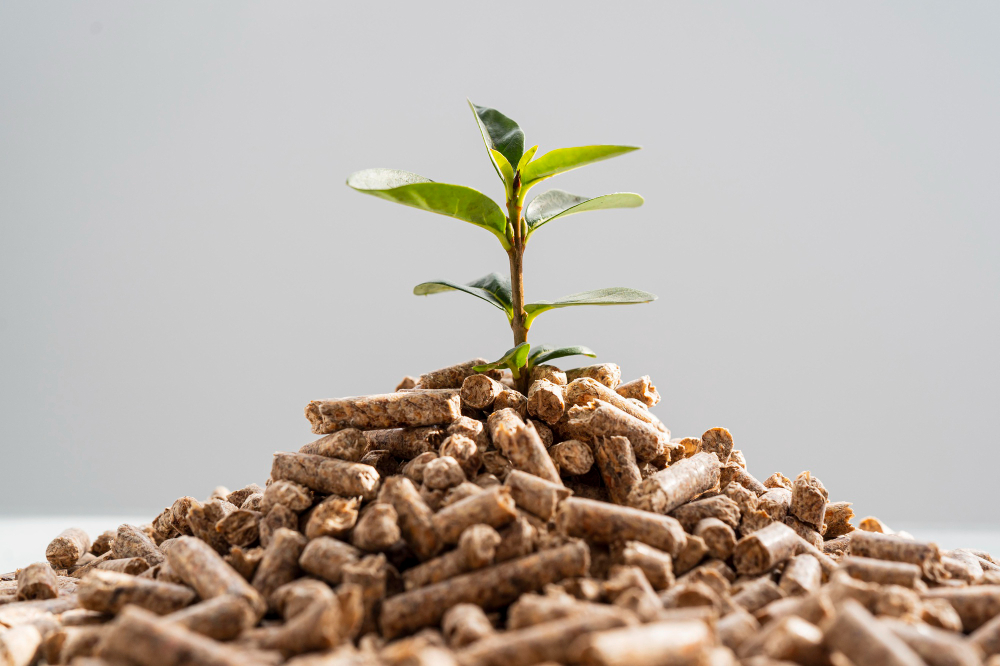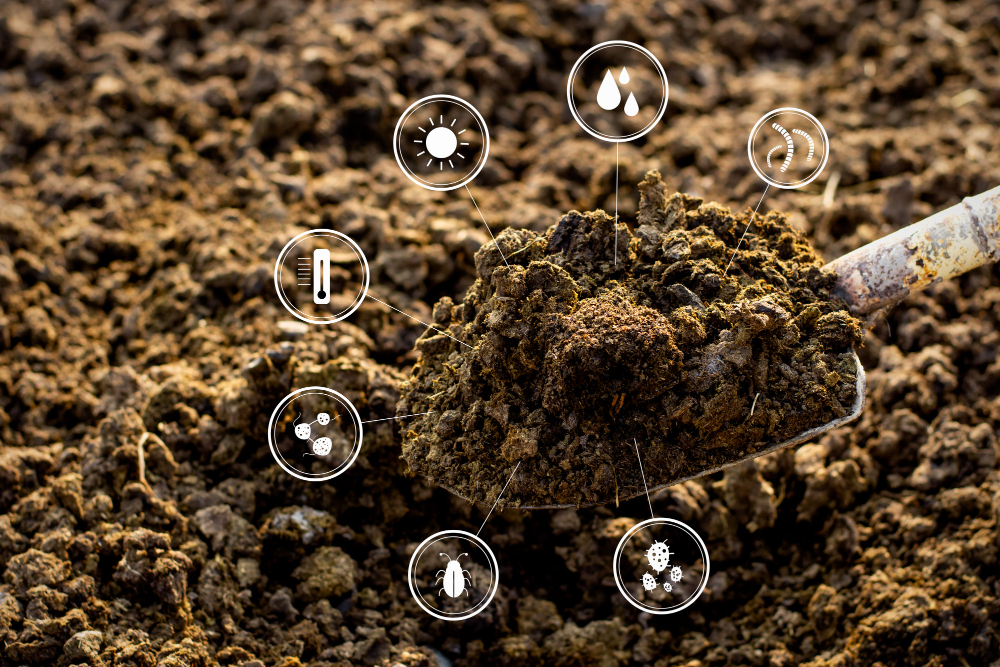
Using Organic Fertilizers: Applying Well-Rotted Organic Fertilizer or Biofertilizers – A Sustainable Solution for Agriculture
Fertilization is an essential part of plant care, providing necessary nutrients for growth. However, using organic fertilizers such as well-rotted organic fertilizers or biofertilizers has become increasingly popular due to their superior benefits for the soil and plants. This solution not only helps plants grow stronger but also protects the environment and ensures sustainability in agriculture. This article will help you understand the different types of organic fertilizers and how to apply them effectively in farming.
1. What is Organic Fertilizer?
Organic fertilizers are made from natural organic materials such as animal manure, poultry manure, sawdust, or plant waste. Organic fertilizers can either be well-rotted or biofertilizers, which provide nutrients for plants and improve soil, making it looser and more nutrient-rich.
-
Well-rotted Organic Fertilizer: This is organic matter that has been processed and decomposed over time. It has a mild odor and is easily absorbed by plants. This type of fertilizer helps improve soil structure and adds essential minerals.
-
Biofertilizers: These are fertilizers produced from beneficial microorganisms that enhance the decomposition of organic matter in the soil, increasing the soil's nutrient uptake by plants.
2. Benefits of Using Organic Fertilizer

Applying organic fertilizers offers numerous benefits for both plants and the soil. Here are the key advantages of using well-rotted organic fertilizers and biofertilizers:
-
Improves soil structure: Organic fertilizers help make the soil loose, increase its ability to retain moisture, and improve drainage, which helps plants grow healthily.
-
Provides long-term nutrients: Organic fertilizers provide a steady supply of nutrients to plants throughout their growth cycle, preventing nutrient overload or deficiencies.
-
Enhances the development of beneficial microorganisms: Biofertilizers introduce beneficial microorganisms into the soil, helping balance the soil ecosystem and promote the decomposition of organic matter, creating an ideal environment for plant growth.
-
Protects the environment: Using organic fertilizers helps reduce environmental pollution compared to synthetic fertilizers, while also contributing to sustainable soil and land restoration.
3. How to Apply Organic Fertilizers Effectively
To achieve the best results when applying organic fertilizers, it is important to follow the right techniques and dosages. Here are some tips for applying organic fertilizers:
-
Choose the right type of fertilizer: Depending on the type of crops and soil conditions, select either well-rotted organic fertilizer or biofertilizers. For example, biofertilizers are often suitable for crops that require the addition of beneficial microorganisms, while well-rotted organic fertilizer is suitable for nutrient-poor soils.
-
Apply at the right time: Timing is crucial when applying fertilizer. Regularly apply fertilizer at the beginning of spring or before the plants start flowering or fruiting to ensure they absorb nutrients optimally.
-
Do not over-apply: Over-application of fertilizer can lead to nutrient excess, making plants weak or causing soil and water pollution. Therefore, check the soil's moisture level and condition to apply the right amount of fertilizer.
-
Combine with other care practices: In addition to fertilization, it is important to combine with other care practices such as regular watering, pest control, and pruning to ensure plants grow healthily.
4. Important Notes When Using Organic Fertilizers

While organic fertilizers are great for plants, improper use can still lead to some issues. Here are some important notes when using organic fertilizers:
-
Ensure the fertilizer is fully rotted: Uncomposted fertilizers can contain harmful substances or cause plant root damage due to excess heat.
-
Be cautious about the source: Make sure the organic fertilizer is sourced from reliable suppliers to avoid introducing diseases or harmful chemicals into the soil.
-
Avoid fertilizing in extreme weather conditions: Avoid applying fertilizer during excessively hot weather or heavy rainfall, as it may be washed away, reducing its effectiveness.
5. Conclusion
Using organic fertilizers is a sustainable solution for agriculture, providing essential nutrients for plants, improving soil quality, protecting the environment, and promoting long-term soil health. Applying well-rotted organic fertilizers and biofertilizers correctly not only helps plants grow robustly but also optimizes crop yields. Adopt these practices to build a sustainable and effective agricultural system.
Bình luận
Những bình luận mới nhất




